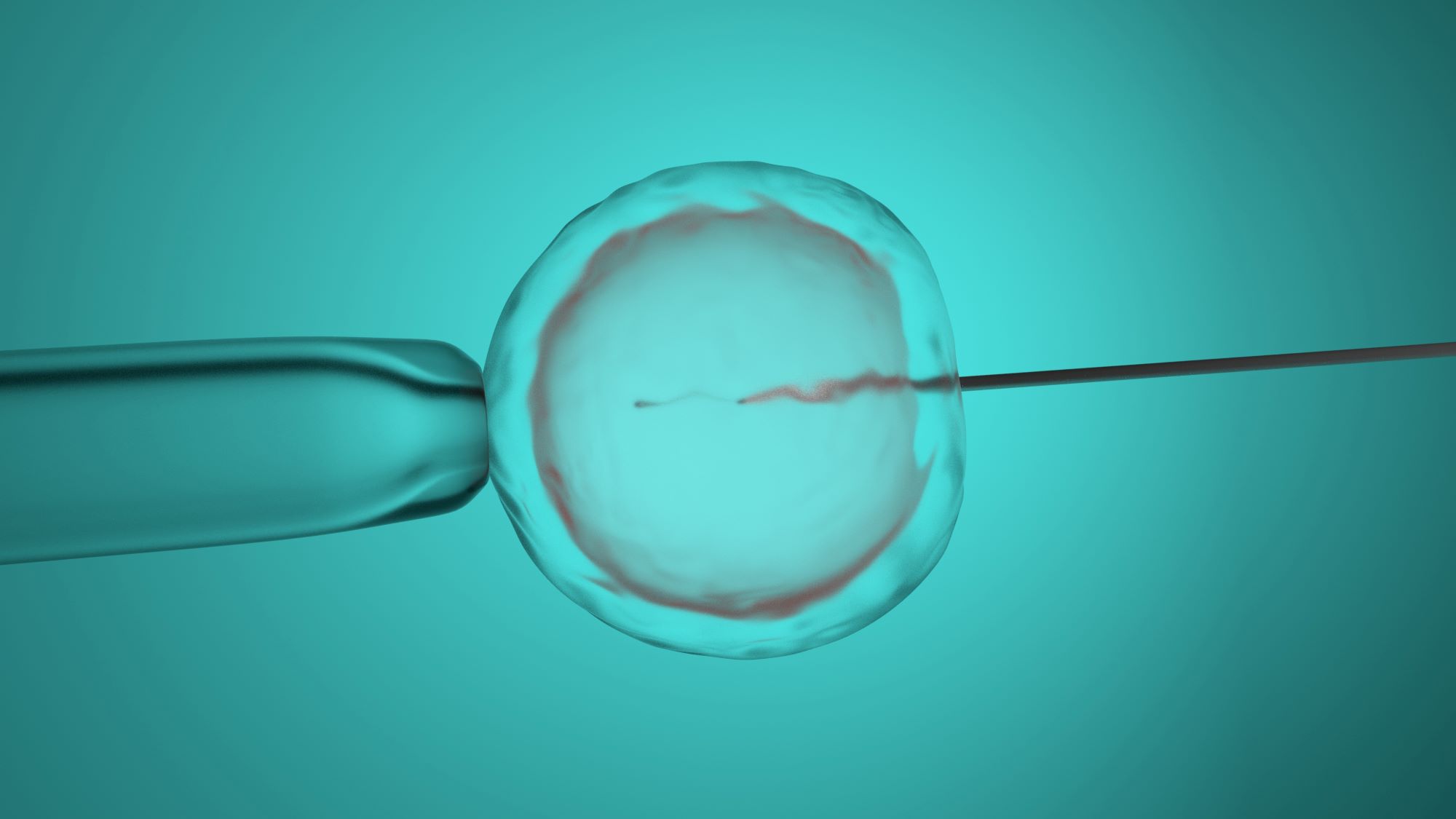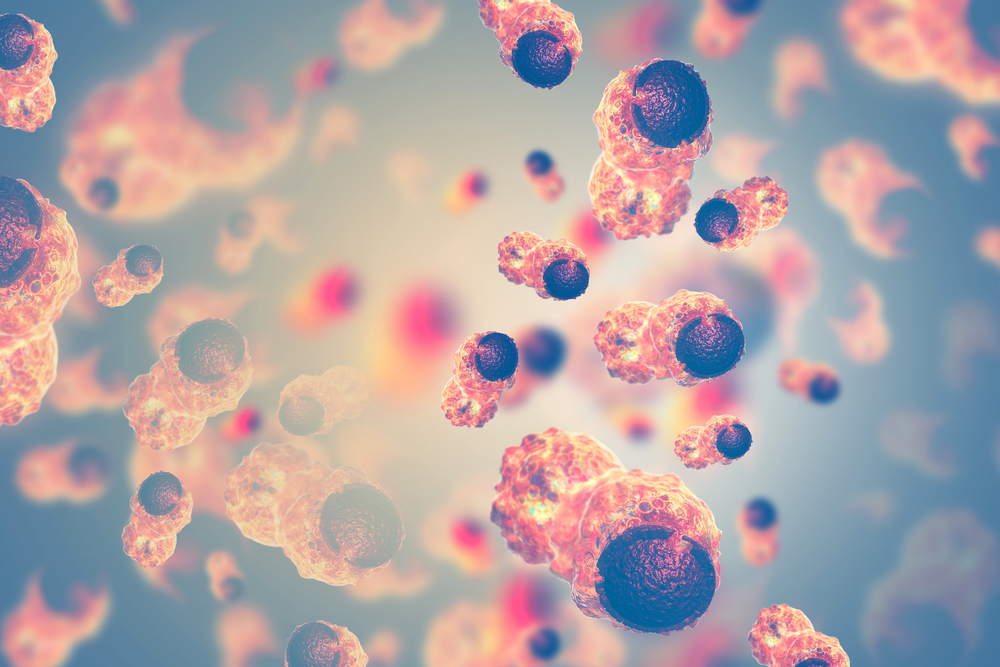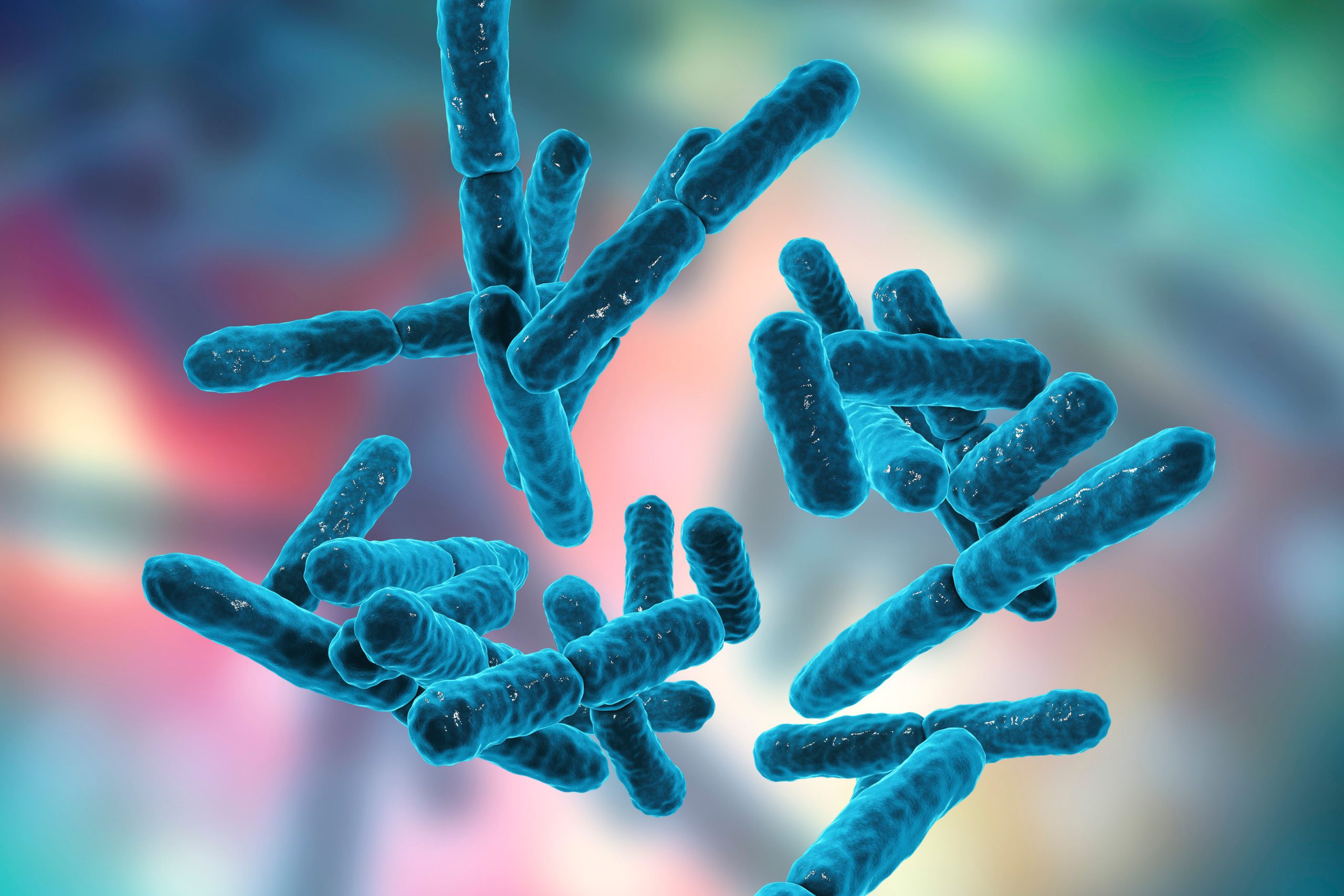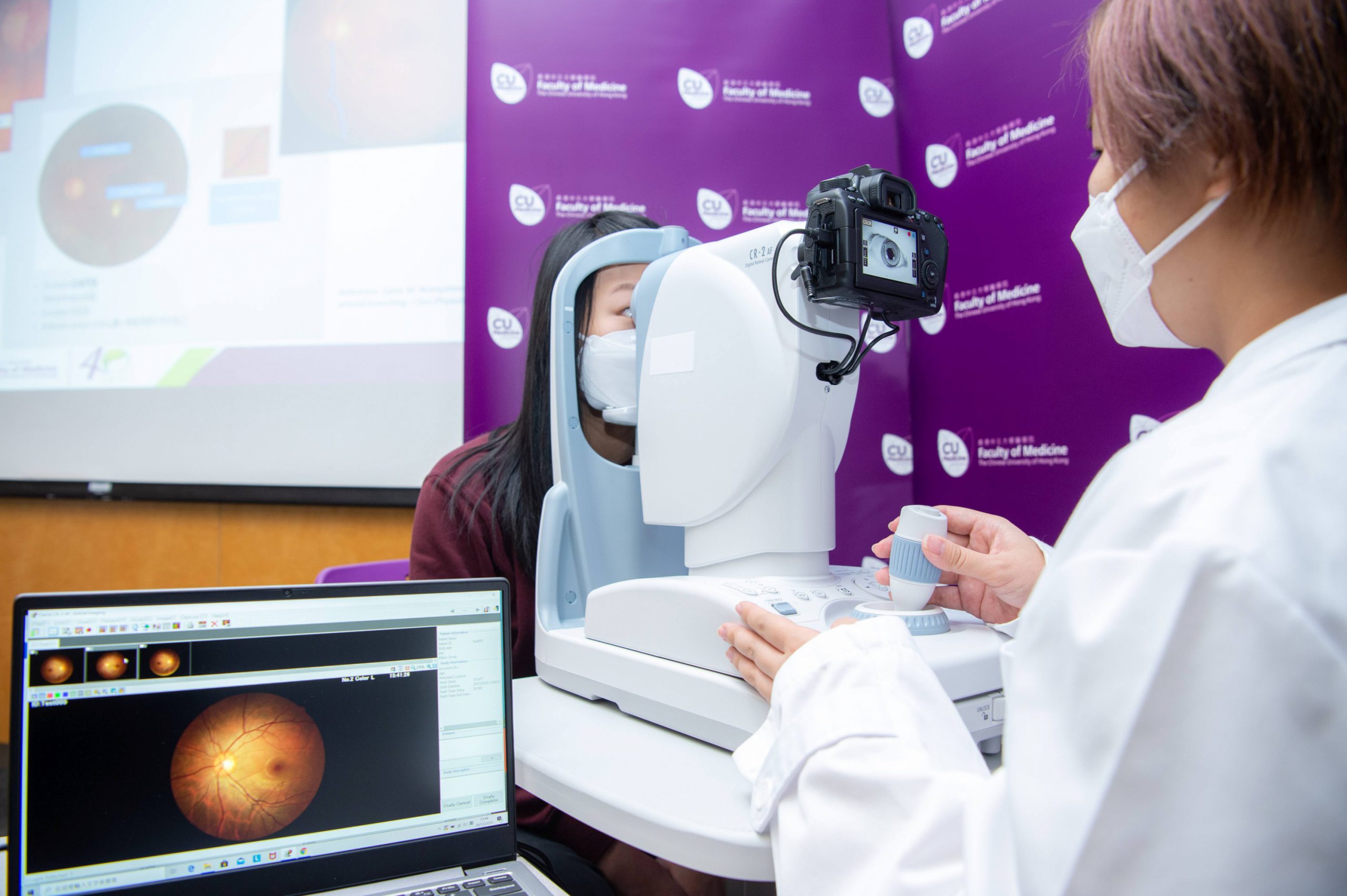English
繁體中文
简体中文

In a world captivated by the allure of cutting-edge technologies, the siren call of innovation often beckons people towards the newest offerings. But sometimes a scientific trial comes along and shows that under certain circumstances, conventional method still holds its ground. In the case of IVF treatment, researchers from CUHK and Queen Mary University of London recently discovered that contemporary time-lapse imaging (TLI) systems for monitoring embryo development do not outperform conventional methods.

Feeling down? Wondering if it is more than just a bad day? Imagine if technology could read your emotions and lend a helping hand. With shortage of psychiatrists challenging the global healthcare systems, it can be hard for depression sufferers to get diagnosed. CUHK researchers have harnessed the power of AI technology to develop two innovative tools that make diagnoses easier and earlier: by utilising a pioneering mobile app and looking into your eyes.

Feeling down? Wondering if it is more than just a bad day? Imagine if technology could read your emotions and lend a helping hand. With shortage of psychiatrists challenging the global healthcare systems, it can be hard for depression sufferers to get diagnosed. CUHK researchers have harnessed the power of AI technology to develop two innovative tools that make diagnoses easier and earlier: by utilising a pioneering mobile app and looking into your eyes.

It might be commonplace, but the Epstein-Barr virus (EBV) can be deadly, causing several types of cancer, including nasopharyngeal carcinoma, one of Hong Kong’s most lethal. CUHK researchers have developed a groundbreaking mRNA-based drug that effectively makes cancer cells infected with EBV self-destruct. By selectively eliminating virally infected cancer cells, this innovative therapy could offer a more effective and gentler way to treat this challenging form of cancer.

Rats with mathematical minds? Groundbreaking research led by neuroscientists from CUHK and CityUHK has confirmed that these furry friends possess a specific brain region dedicated to numerical processing and can be educated to distinguish among numbers, challenging the notion that maths is the sole preserve of humans. Explore the surprising cognitive abilities of these little rodents and the potential they create for novel interventions for human learning disabilities.

Recent CUHK medical discoveries provide hope for patients battling a range of diseases. An international study helps with the fight against diabetes, potentially facilitating early intervention and changing clinical practice. The development of novel retrievable nanorobots for targeted and enhanced thrombolysis may save stroke patients from brain damage. And a study reveals antiviral drug tenofovir disoproxil fumarate increases fracture risk in elderly patients with chronic hepatitis B.

Cardiovascular disease, hypertension and diabetes are considered diseases of affluence – and now another potential candidate has been added to the list. Researchers from CUHK and APRU found a surprising correlation between per capita GDP and laryngeal cancer instance rates, which are alarmingly high in the Caribbean and Europe due to unhealthy lifestyles. In addition, women in Japan, Switzerland and the Czech Republic are defying the global trend to register an increasing number of cases.

CUHK scholars continue to garner international accolades for their academic excellence. Remarkably, 13 of them were recognised among the most cited researchers of 2023 globally, while one has been elected as the only new Hong Kong member of the Chinese Academy of Sciences. Read more to find out what else they have achieved.

It might surprise you that our immune systems have a memory, and it is crucial in our battle against diseases like COVID-19. The secret of improving this memory might be living inside you already. A research team from CUHK’s Faculty of Medicine has discovered the critical role that certain gut bacteria can play in lengthening the duration of immune responses to COVID-19 vaccines. The problem is, not everyone has them. As a result, they’ve come up with a supplement containing the beneficial bacteria, and demonstrated how effective it can be in boosting immunity. Now they’re looking at what our gut microbiome can do to protect us from other diseases.

Experiencing dry, itchy eyes and blurred vision and thinking it is just because of prolonged exposure to digital screens? These symptoms could also be COVID-19 sequelae that you should be aware of. An ophthalmology team from CUHK has found that post-COVID-19 patients have a higher risk of developing dry eye disease, and that one in five people who have had COVID-19 suffer from at least one symptom related to dry eye disease.

People who have recovered from a COVID-19 infection may suffer from poor memory, hair loss, difficulty in sleeping and other long-term consequences, which are commonly known as “long COVID”. CU Medicine has found that patients with long COVID have a less diverse gut microbiome, indicating that gut microbiome composition may be linked to the risk of developing long COVID, while gut microbiota modulation could facilitate timely recovery and reduce the burden of post-acute COVID-19 syndrome.

Shrimps are common and versatile ingredients that can be included in many popular dishes around the world. However, they can be a nightmare for some of us who suffer from allergic reactions to eating them, including swelling of the face, eyes and lips, and an itchy red rash. An allergic reaction to shrimp can occur at any age, therefore a reliable and accurate diagnostic method for shrimp allergy is essential to avoid severe allergic reactions.

With a clear and pronounced emphasis on promoting “Research and Innovation”, CUHK has been working diligently to bring out talents and pioneers in the industry. Recently, CUHK scholars received global and national recognition for their research excellence, among whom Professor Dennis LO from Medicine has become the first Chinese scientist to receive the Royal Medal in biological sciences.

Eyes are the window to the soul, and so to our health. A research team from CUHK has developed Automatic Retinal Image Analysis technology to evaluate the risk of stroke and dementia. Recently, they have extended its application to assess the risk of autism in children by analysing their captured retinal images, hoping to reduce delayed diagnosis or even misdiagnosis.